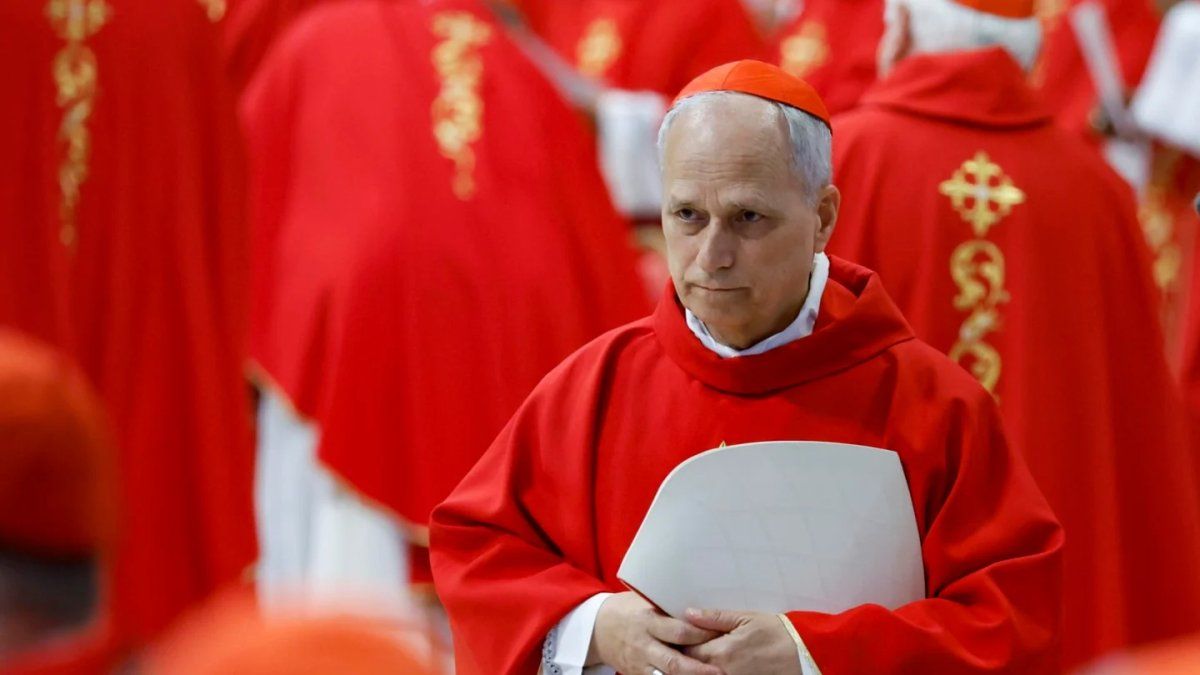According to the latest data from the INDEC, In July salaries grew above inflation for the second consecutive month. In any case, this trend would have stopped in August: with a sharp jump in prices after the devaluation After the PASO, formal income fell sharply in real terms.
This is clear from the index Ripte prepared by the Ministry of Labor, which measures the evolution of registered sector salaries (both public and private), with stability in the last year. According to this indicator, Income grew 5.9% in the eighth month of the year, well below inflation of 12.4%.
According to Luis Campos, coordinator of the Social Law Observatory of the Autonomous CTA, in real terms the salary measured by the Ripte is “3.8% below December 2019 and almost 20% behind December 2016.” In the interannual comparison, meanwhile, formal salaries They accumulated a growth of 121%, behind the general inflation of 124.4% of the same period.
In July, As INDEC announced last week, Salaries grew 11% and had an improvement in real terms of 4.4%. In any case, within the index marked differences were observed.
“Public sector workers explained the improvement with the largest monthly increase: 6.5% real. For their part, private sector workers reported a real monthly increase of 4.2%. Unregistered workers were the least benefited, although their income managed to grow 0.6% real monthly,” they analyzed from the consulting firm LCG, and highlighted: “Against December 2022, the salaries of unregistered workers are the only ones that continue to lose purchasing power. with a real drop of 5.8%. On the other hand, employees in the public sector reported increases of 6.2% in real terms, while those in the private sector 1.9%.”
What to expect going forward
The consulting firm Ecolatina recently analyzed how real income evolved during the first half of the year. Among other aspects, it was highlighted that “70% of lower-income households suffered a drop in the purchasing power of their income, while an improvement was observed in the more affluent sectors.”
“In addition, until August inflation became more regressive than usual: the prices of the basket of the poorest households rose above the average,” the firm detailed, and projected: “For the rest of the year, we expect disparities to deepenfeeding the idea of two speeds, in which one part of society manages to sustain its level of consumption and standard of living, while the other has more and more difficulties to make ends meet.”
The thing is that, as highlighted by Ecolatina, “for the last quarter of the year, electoral uncertainty, the increases postponed after the freezing of some prices and expectations will further raise inflation, damaging to a greater extent the purchasing power of lower-income households.”
In this context, LCG warned that the acceleration in inflation levels after August will erode the update of salaries. “Many joint ventures occurred in the short term, giving rise to low increases with the condition of applying an eventual trigger clause that will come into effect in the remainder of the year. In any case, with the devaluation ordered by the BCRA after the primary elections and an acceleration of inflation, We do not expect a real improvement in salaries for the average of the yeargiven that these present greater rigidity at the time of an adjustment than the average prices,” the consulting firm explained.
Source: Ambito




